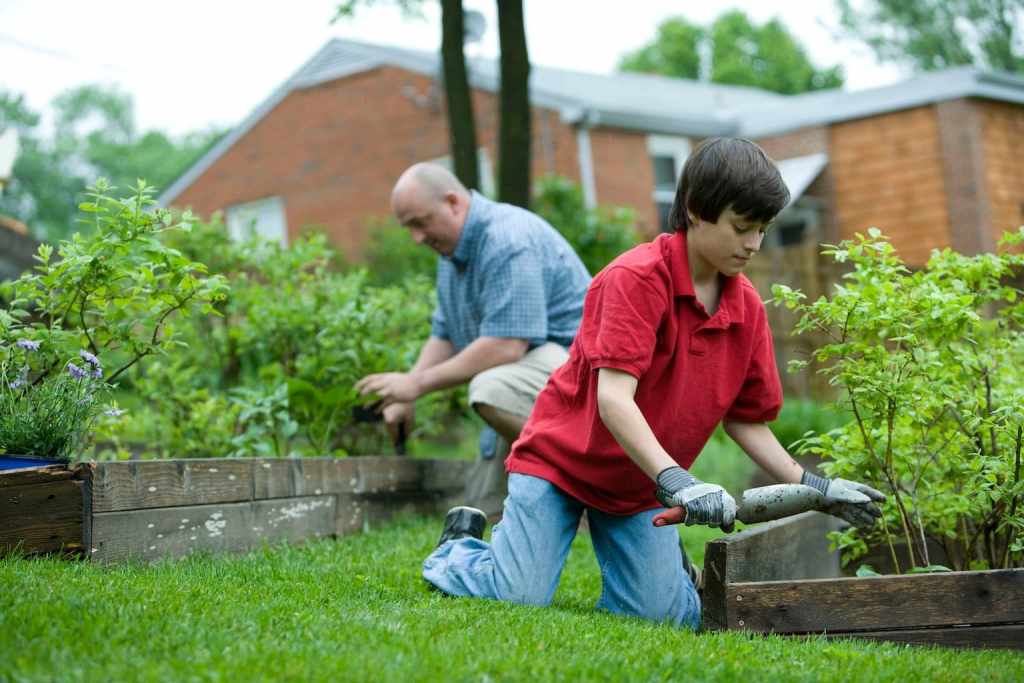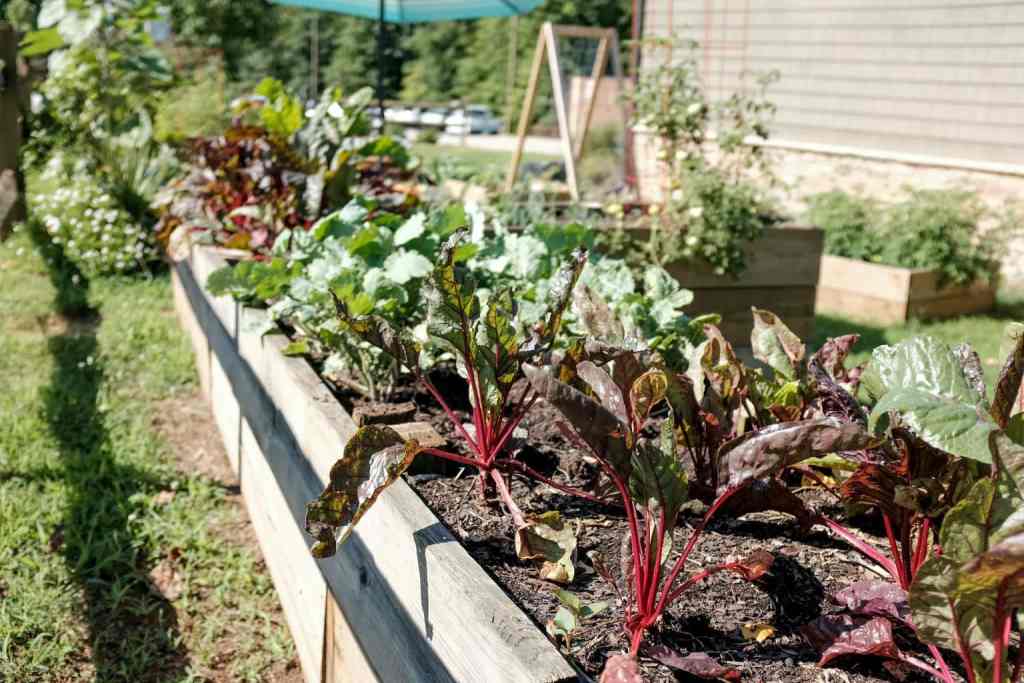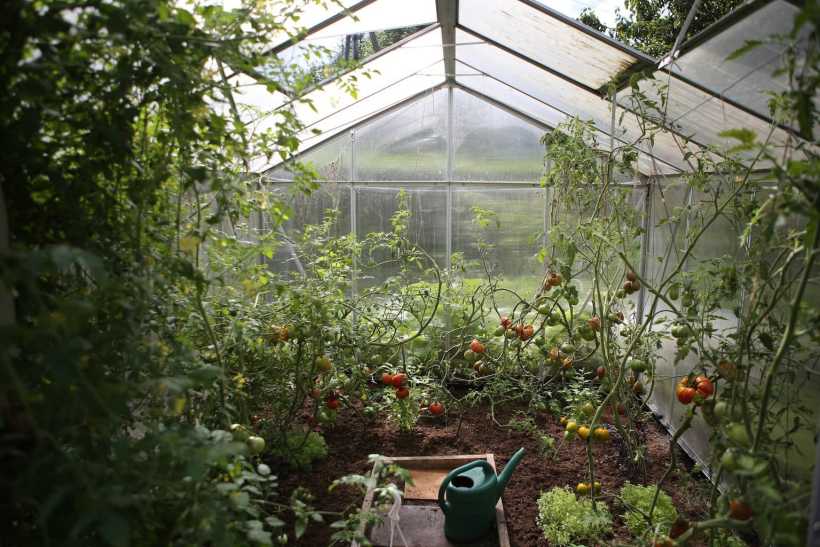Growing our own food is a neat idea: it’s quite self-reliant and it teaches us to consume what’s available around us, and/or share when food is abundant. That’s why more young people nowadays prefer to have a garden and plant crops.
In addition, growing our own food has another benefit: sustainability for the benefit of the environment and more health.
Maybe some of you are saying, “Come on, the benefits go without saying.” Well, this is just to further prove that homestead is good, as the findings are from a new study from the University of Sheffield.
The study followed household food-growers within one year to assess their production, purchase, donation and waste of fruit/vegetables.
The researchers found that people who grow food can produce more than half of the vegetables (51%) and 20% of the fruit they consume annually. So, they have better access to fresh fruit and veggies, which in turn enables them to adopt a healthier diet more easily.
According to the study author Dr Zilla Gulyas, “Eating at least five portions of fruit and vegetables a day is associated with significantly decreased risks of developing health issues like obesity, heart disease, type 2 diabetes and certain types of cancer, and could help prevent associated deaths and cut healthcare costs worldwide.
“Our new study highlights the role that growing fruit and vegetables at a household scale could play in increasing their consumption.”
Other than promoting the consumption of more whole foods, the study suggests that food production at home also plays an important role in increasing household and national food self-sufficiency, as well as reducing waste.
Less waste, more security
Per the study, households that grew their own fruit and vegetables also wasted less, with only 0.12 portions a day being thrown out on average. This is 95% lower than the average UK household waste of fruit and veggies.
Basically, the researchers associate homestead and at-home food production with more waste-reducing behaviors. This can potentially increase household food security on a national scale, as participants commonly donated unneeded food items and persevering and freezing excess food for later use.
In 2021, the National Food Strategy in the UK published a report which suggest that developing the ability of the national food system to provide enough healthy food for all, along with withstanding challenges such as socio-economic and environmental shocks must be a priority in the country.

However, the country still overlooks home food production. The researchers argue that, going forward, the country should recognize it in government policy.
According to Dr Gulyas, food production at home both promote healthy diets and food system resilience, which play an important role to prepare the country against many challenges in the future. For this however, people need better access to space, and other resources needed to grow their own.
“We need to find ways to overcome socio-economic challenges to upscaling household food production, especially among those most affected by low fruit and vegetable intakes, like low-income families,” Dr Gulyas said.
The author went on, “Increasing the amount of space available to UK households to produce their own food is essential to this, especially given the steady decline in allotment land nationally.”
Dr Jill Edmondson, from the University of Sheffield’s Institute for Sustainable Food and School of Biosciences, said, “Global food security is one of the biggest challenges we will face in the future, therefore it’s crucial that we find new ways to increase the resilience of the UK food system.
“This study provides the first long-term evidence that household food production could play in promoting healthier diets through self-sufficiency and adds important support to any policy making that seeks to expand household level fruit and vegetable production.”
Growing one’s own food?
On the internet, there are plenty of examples and guides to start growing our own food. But sometimes, the home-growers in the examples have rather large areas to grow their own food, which makes the idea seems difficult to do.
But, it’s actually unnecessary to have a large outdoor area to try home farming. In fact, there are many small garden ideas that you can try. Just remember that even the smallest spaces can be turned into productive areas to grow crops.
In contrast, if there was more space, we don’t need to turn all of it as a homestead. It’s completely fine to section off areas and turn some into ornamental native garden and/or outdoor living area.

Complete beginners should approach home farming—crops or livestock—in stages or small steps as opposed to doing everything at once. It’s better to take time to know our space/land and see whatever’s appropriate for it. Do some research online or by asking people with similar farms.
Slowly, build you own farm or garden that provides you with much of your food and gets you closer to living a self-sufficient lifestyle.
Starting at-home food production
Homesteading for beginners can begin with only growing a few chosen crops, preferably ones that are low maintenance. For instance, in most climatic conditions, potatoes are a staple—they’re not hard to grow, harvest, and store; and they’re good sources of macronutrients.
Some types of mushrooms and edible herbs can also be beginner friendly. The bonus points are: they’re packed with nutrients but not always high on calories.
Whichever plant you choose, start with a few containers out one raised garden bed, then add a few more crops gradually as we get more confident in our green thumb skills.
If you’re unsure, you can always start with a simple kit of sprouting seeds and do your own trial and error. And you can build confidence from there.
Again, for beginners, the idea that we should remember is self-sufficiency and health: it’s the focus for now, instead of growing a lot of food at once. Make sure that the garden suits your needs and lifestyle.

It may seem that at first, the garden is not enough to make a change or to be self-sufficient because we still need to buy some at the market or your favorite retail stores. That’s completely expected; with time, patience, and tenacity, we can produce enough to go off the grid.
Keeping some animals?
Once we have enough experience, if there’s more space and if the laws allow, then we can move on to keeping some animals. But when it comes to animals, we have to do our due diligence on fencing, housing, bedding, feed requirements, and things we need to do if we live near wildlife habitat.
Keeping our own chickens can let us enjoy freshly laid organic eggs daily. If we don’t want eggs or chicken, there’s always beekeeping. It’s nice because we get to help plants pollinate in our own garden or the surrounding environment, and we have our own source of delicious honey.
Farming at our own home
Now, growing our own food does take time and effort. But it’s not impossible to do—some people have small homesteads while also doing part of full-time jobs.
With persistence and resilience, busy households can find time to grow a few crops. And once we know the tempo and routine, we’ll be able to do it quicker; the only limit would be the space to work with.
We can think of it as another form of psychical activity and some fresh air which are good for our health. Besides, we’ll also get to enjoy some more healthy foods what we’ll have sown.
But in the end, growing our own food without having to buy produce every single time and minimizing waste are always a good thing, aren’t they? There are many helpful guides on the internet or YouTube, and we can always start there.
Sources
https://www.sciencedaily.com/releases/2023/08/230822111653.htm
https://www.homesandgardens.com/advice/backyard-farming-homesteading



Leave a Reply